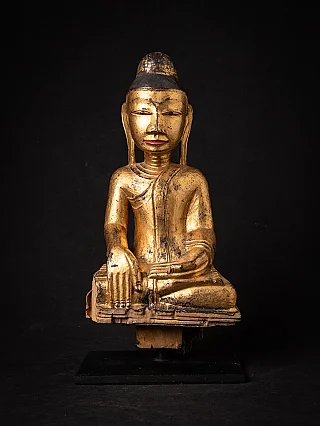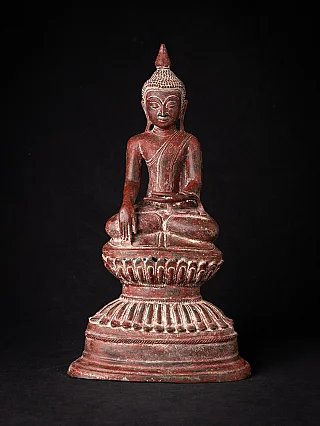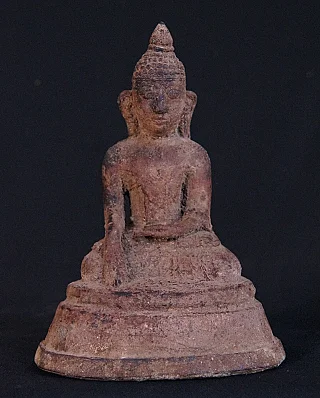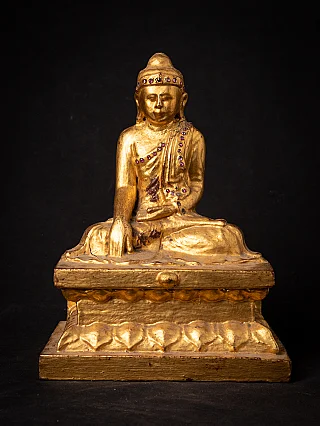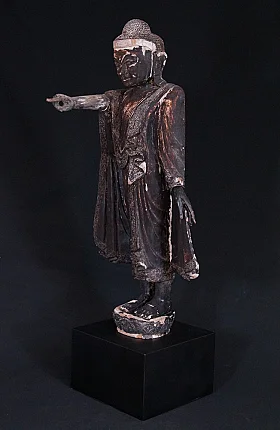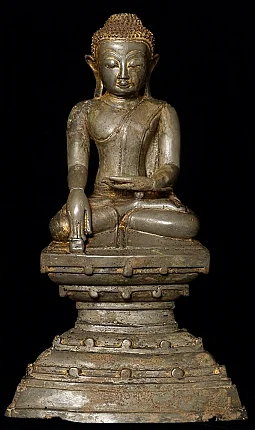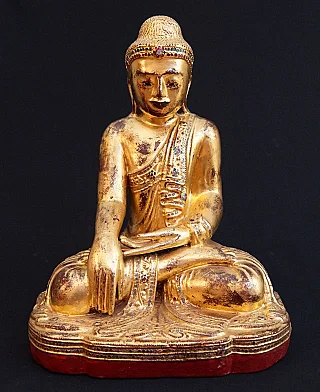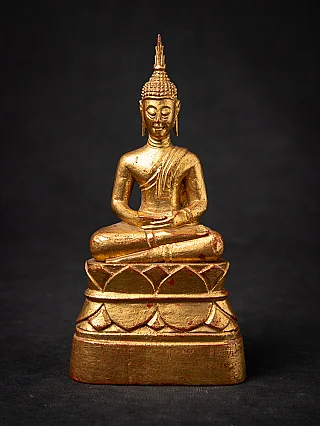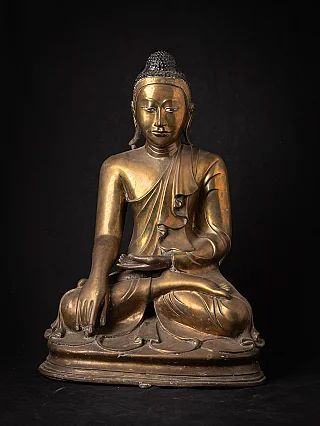Karma and Incarnation: Exploring the Mystical Links
Author : Peter Vredeveld

Karma and incarnation are the two concepts that have long been linked in mystical and spiritual traditions; where karma is believed that all actions have consequences, both in this life and in another, and incarnation, on the other hand, is a belief that the soul is immortal; and is reborn in a new body after death. If we combine both concepts, we can understand that this life results from our past actions, and our present actions will determine our future lives. This understanding of karma and incarnation is found in various religions, including Hinduism, Buddhism, and some forms of Christianity. While there is no scientific evidence to support the existence of karma or incarnation, they continue to hold significant meaning for those who believe in them. Through this article, we will journey to decode some inscrutable connections linking karma and incarnation.
Discover Our Buddha Statues Collection Now
The Concept of Karma in Different Religions
In Hinduism, karma refers to action, work, or deeds. Hindu Vedas, the oldest Hindu scripture, states that if we behave well, we will receive goodness in return. Conversely, we will get bad deeds in return if we are evil. The people of India and Nepal, where Hinduism originated, believe that they create karma in four ways - through their thoughts, words, actions, and actions that others perform under their instructions.
On the other hand, Buddhism has two karma concepts - Karma and Karmaphala. These concepts explain how our actions and deeds keep us tied to rebirth in Samsara or cyclic existence. The Noble Eightfold Path, the Buddhist path to enlightenment, is the way out of Samsara. According to Buddha's teachings, ignoring karma will only create problems for oneself. "Do not think a small sin will not return in your future lives. The little sins that steadfastly accumulate will completely overwhelm you." The nature of reality, according to Buddha, is interrelated, and everything exists as a small part of karma and its effect on our lives.
Jainism, another religion practiced in India, views karma as clay to pot concerning the soul. They believe they can control karma through their efforts, knowledge, and discipline. Jainism's belief system differs from Hinduism as they don't believe in a supreme being, creator, or sustainer of the universe. Jainism emphasizes the importance of taking on suffering willingly, which will help lighten the soul.
Sikhism, a religion founded in Punjab, India, believes everything is done under Supreme Command or Hukam. The Sikh people believe in two kinds of Karma - Dukrit Karma and Sukrit Karma. Dukrit karma means to think against the superior command, and Sukrit Karma implies the opposite, or walking in Hukam.
The Relationship between Karma and Incarnation

The concepts of Karma and Reincarnation are closely linked to each other. It is proven by the belief that the soul or consciousness is reborn after death in another physical form. In Hinduism, karma determines the nature of one's next incarnation. If a person spends his life with good deeds and accumulates good karma in their current life, they will be reborn into a higher form of life, such as a human or a deity. Conversely, if people accumulate bad karma, they will be reborn into a lower form of life, such as an animal or an insect.
In Buddhism, the relationship between karma and reincarnation is central to the belief system. According to Buddhist teachings, every action a person takes in their current life will adversely affect their future lives. The quality of the action determines this effect, whether it is positive or negative. If people perform positive actions, they will experience positive results in their future lives, while negative actions lead to negative consequences.
Overall, the concept of karma is intertwined with the belief in reincarnation. Hinduism and Buddhism view karma as a determining factor in the birth, death, and rebirth cycle. The actions and choices a person makes in their current life will affect their future lives, either positively or negatively, and determine the form of their reincarnation.
Conclusion
Karma and incarnation are concepts that are deeply rooted in multiple religions and cultures around the world. The idea of our actions having consequences and that we are responsible for our destiny is powerful. Whether we believe in rebirth or not, karma can remind us to live our lives with intention and mindfulness, do good and avoid bad ones, and be responsible for our actions. By doing so, we can create positive karma, which can lead to a more fulfilling and meaningful life.
As we have seen, karma has many interpretations, depending on the religious and cultural context. However, specific common threads run through these interpretations. These include the idea that our actions have consequences, that we are responsible for our destiny, and that we can cultivate positive karma through good intentions and mindful actions. By embracing these ideas, we can create a more meaningful and fulfilling life and contribute positively to the world.
While karma can be a source of comfort and inspiration, it is essential to remember that it is not an excuse for complacency or inaction. We must take responsibility for our actions and strive to do good. Doing so can create positive karma and help make the world better for ourselves and future generations.
Share this page



















